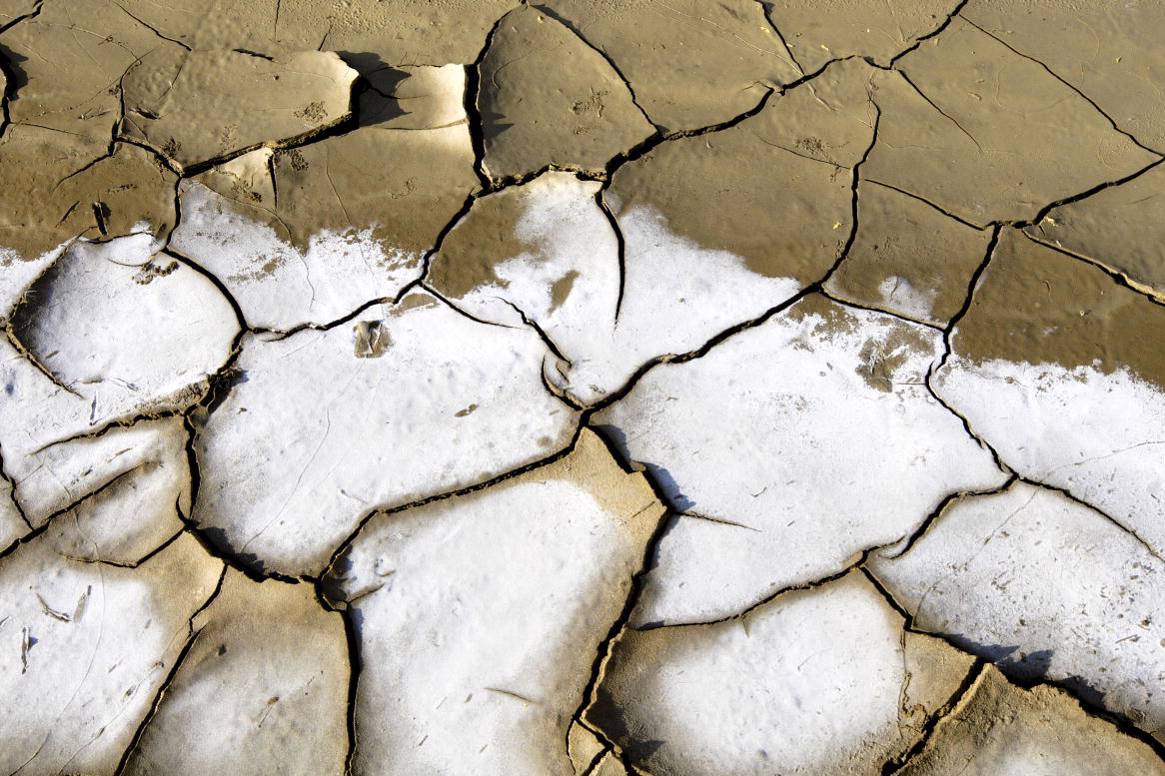
The project will focus on the causal connection between adverse environmental change and discrete social upheavals, with examples including the ongoing civil war in Syria and the early Arab Spring uprisings in Tunisia and Egypt.
The new project, led by Research Professor Halvard Buhaug and titled Quantifying Conflict Risks of Agricultural Productivity Changes (CROP), has been awarded an 8 million NOK budget from the Research Council of Norway.
In addition to Buhaug, PRIO staff and affiliates make up most of the project participants; Jonas Nordkvelle, Elisabeth Lio Rosvold, Nina von Uexkull, Håvard Hegre, Ida Rudolfsen and Andrew Linke.
The project will run from April 2017 until March 2020. Below is a summary of the project and its objectives.
CROP: Quantifying Conflict Risk of AgriculturalProductivity Changes
A recent wave of societal upheavals across theMiddle East and beyond has accentuated concerns that adverse climaticconditions increase conflict risk. A simple and sweeping climate-conflicteffect is not likely but climate variability and extremes can have powerfulindirect and conditional effects on political violence. The most plausiblemechanism linking these phenomena is adverse agricultural production changes.Yet, little is known about the conditions under which this causal pathway ismost likely to materialize. The CROP project addresses this research lacunahead-on. It will be guided by following research challenges:
(i) Identify keyconditions exacerbating the conflict potential of agricultural productionchanges
(ii) Simulate implications of alternative ascenarios for future conflict risk
The project will move beyond the research frontieralong three dimensions, by explicitly (a) accounting for contexts within whichnegative agricultural production changes are most likely to result in violent conflict;(b) accounting for the relevant social actors involved (rural producers, urbanconsumers); and (c) evaluating the implications of uncovered patterns forfuture conflict risk through out-of-sample validations and forecasting alongstate-of-the-art socioeconomic and climate change-related scenarios.





